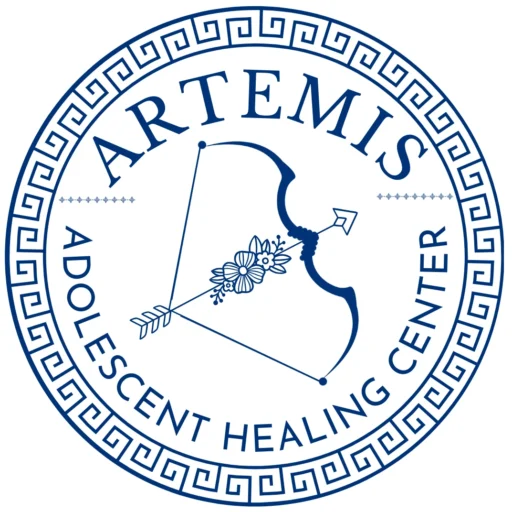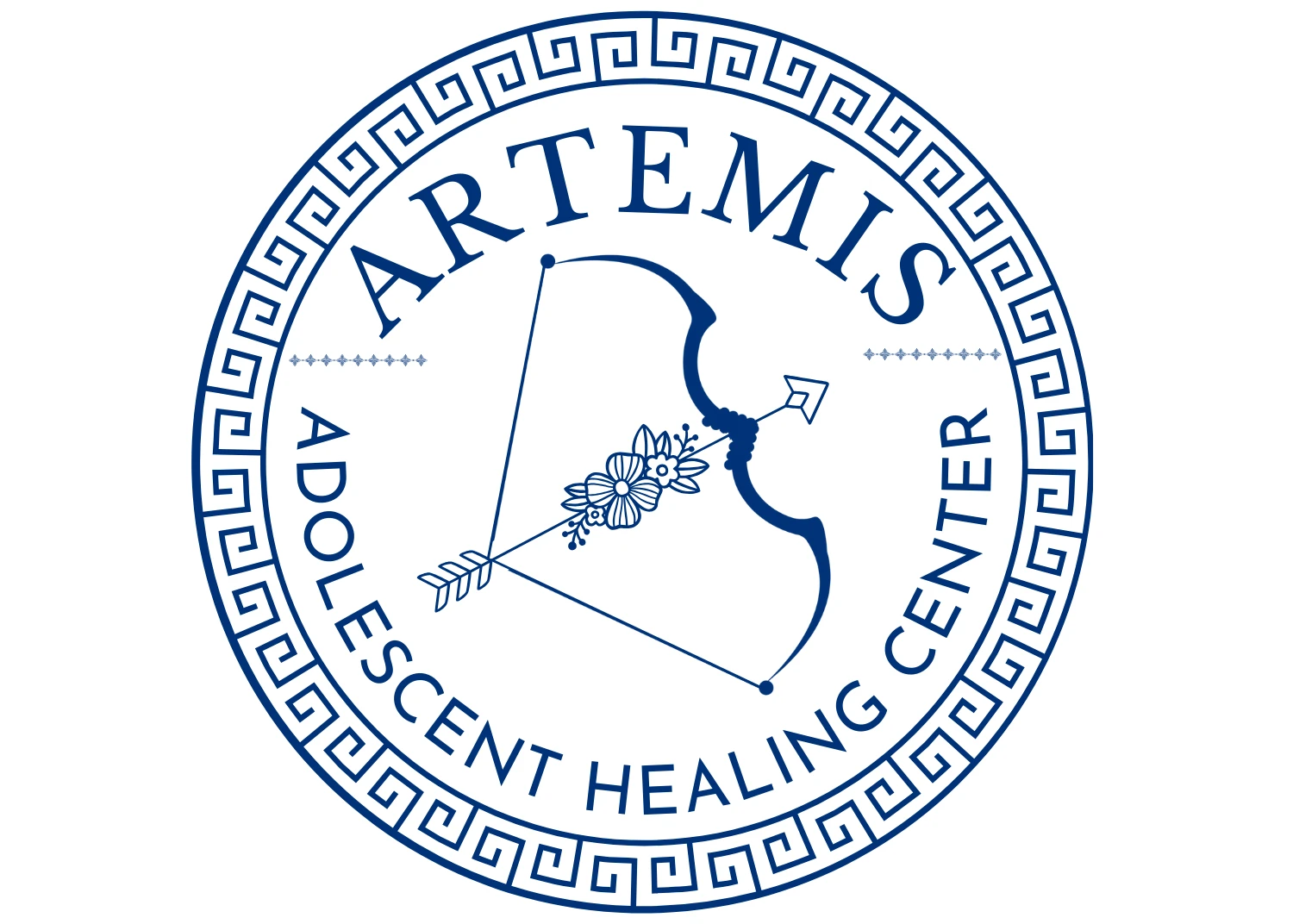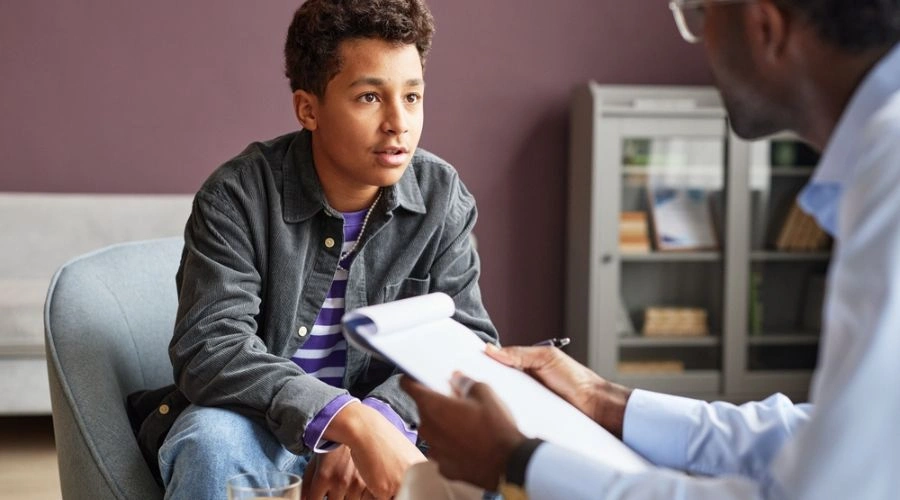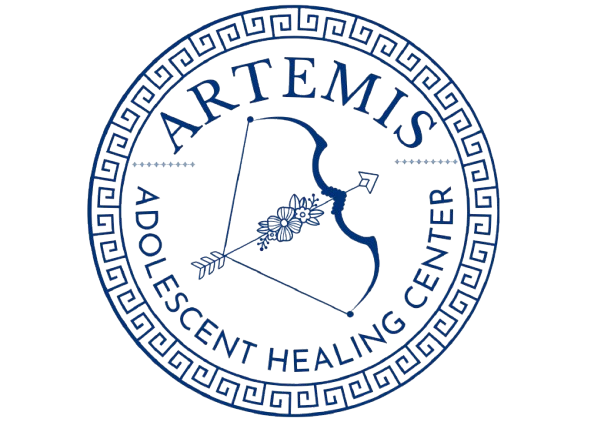Artemis Healing Center’s Comprehensive Treatment Program for Troubled Teens
Have you been searching “Where can I send my troubled teenager?” There are plenty of residential treatment centers available to help young people facing challenges in life, but not all will be the right fit for your child.
Let’s take a moment below to examine this matter more closely. By the end of this page, you’ll understand what treatments are available and how they can help your teen overcome substance abuse and mental health challenges.
Of course, if you simply want to get treatment started right away, we can do that here at Artemis Adolescent Healing Center. Give us a call now – no matter the time or day of the week – and we will be happy to chat. Let’s work together to create a brighter future for your teenager.
Get Effective Detox and Rehab Options at Artemis
What Are Troubled Teens?
The term “troubled teen” is used often, and it is even thrown around casually in conversation. While there is no formal definition of this term, it typically is used to refer to young people who face emotional problems or behavioral issues.
In some cases, troubled teens may have substance abuse problems. In other cases, they could be a mental health challenge – or perhaps both mental health disorders and an addiction to drugs or alcohol. For some, it’s being an at-risk youth. Other teens have negative influences, start feeling broken, and make a few poor decisions that lead to behavioral challenges. A wide variety of situations can be lumped into this category, which is why customized treatment is so important.
Not all troubled teens wind up needing to stay in a residential treatment program. For some, however, it’s the best choice. If you are worried about your child at this stage of life, pay attention to any of the following signs.
Mood Swings and Emotional Outbursts
This is a starting point when looking for signs of mental health challenges in your teen. It’s important to note that simply having some mood swings or the occasional outburst doesn’t automatically mean the teen needs treatment. Teenagers tend to be emotional by nature and some degree of this behavior is to be expected.
Troubled teens simply tend to present this type of behavior more regularly, or more dramatically. You might notice that the mood swings are getting worse and worse, or that they happen all the time. Mental health treatment could step in at this point to break the pattern and build some skills that will help your teen better cope with life.
Defiance Toward Authority Figures

Again here, we see something that is common in teens. As they come into their own in life and start to have more opinions and perspectives about the world, it’s common for young people at this stage to test the boundaries and defy authority.
So, when do you decide to get help in treatment facilities rather than trying to manage these issues at home? Pay attention to how authority is being challenged. If your teen is aggressively challenging authorities outside of the house – such as police officers – that’s a concerning sign and a reason to check out programs for troubled teens.
Most likely, you’ll have a gut feeling that tells you something is wrong. For troubled teens, the issues start to go beyond normal childish behavior and stray into a territory that feels like it is bordering on a bigger problem.
Withdrawal from Family and Friends
Another concerning sign that comes from troubled teens is gradually backing away from close relationships. This can occur with both family and friend connections. In some cases, troubled teens will settle on just one or two friends that they want to stay close with – perhaps individuals who have similar struggles – while withdrawing from everyone else.
Programs for troubled teens can work on getting to the heart of this change. Is there a mental health component to blame for these interpersonal changes, or are they creating distance in order to hide substance abuse issues? Understanding the reasons for withdrawing can help stop this progression and hopefully turn it around.
Poor Academic Performance
Sliding academic performance is another sign that something is wrong. Troubled teens regularly have trouble maintaining their previous level of performance in the classroom.
It should be pointed out that low grades don’t automatically point to troubled teen behavior. Some young people simply need more support in school and their grades may have nothing to do with mental health issues.
The key here is to look for changes. If you have a child who previously performed quite well in school and is now having trouble, that’s the part that is cause for concern. Family therapy sessions and other types of treatment in a safe and supportive environment could break the pattern of academic failure. Turn things around both inside and outside of the school setting with academic support, outpatient counseling, and many other services.
Self Harm or Suicidal Ideation
This is naturally the most concerning of all the signs of a troubled teen. If you have reason to believe that your teen has attempted self harm, or has suicidal ideation in one form or another, getting help immediately is essential.
Residential treatment centers that work with adolescents have experience dealing with this serious matter. You’ll want to provide intensive therapeutic support that uses various individual therapy sessions and group therapy sessions to make progress as soon as possible.
Mental health problems that lead to suicidal thoughts don’t typically resolve on their own. Better treatment outcomes come from using specific programs for troubled teens and other options that are customized to target the issues that have strayed beyond normal teenage behavior.
Why Send Your Teen to a Treatment Center?

Looking at residential treatment centers for your teen is a significant step. If you have been weighing the option of therapeutic boarding schools and other treatment facilities to get your teen on track, you have already seen some serious and concerning signs first-hand.
Sending your teen for residential treatment is not a choice to take likely. But it does come with many potential benefits. Residential treatment or things like wilderness programs or boot camps can offer a safe environment that is free of the stresses, distractions, and temptations that might exist in normal daily life.
The professionals at the facility will offer intensive therapeutic support to make progress day after day. New coping strategies will be learned. Any out of control behavior will be addressed, discussed, and analyzed to determine how it can be managed. Gradually, teens in these programs are able to turn into young adults who are more stable and steady as they move on in life.
Get Accredited Treatment Programs at Artemis
What to Expect in a Treatment Program
There is a good chance that this will be your family’s first experience with treatment centers and the care they provide. As such, you might not have any idea of what to expect from these kinds of residential programs.
Let’s quickly look at a few points below to help you understand how behavioral disorders, eating disorders, and other problems can be addressed in a clinical environment.
Clinical Assessment and Customized Plan
At Artemis, we place particular emphasis on this first step of the process. We build an individualized treatment plan for every client. This plan is targeted to the needs of the individual and the struggles they are facing. Of course, the treatment plan will continually be adjusted moving forward to make sure it is relevant and productive.
Individual Therapy
All treatment centers use individual therapy sessions as a key component of their treatment plans. Young adults struggling to find their way will gain tremendously from being able to talk directly – and openly – to a professional counselor. Therapeutic programs need many components to succeed but individual therapy is a foundational piece of the treatment process.
Group Therapy

Many teens find that group therapy is their favorite part of the process and the one that might make the most impact over the long run. It’s important to learn coping strategies and make other gains in the treatment process, but forming relationships in group therapy can be transformational. Suddenly, the young person won’t feel so alone with their struggles, as they’ll realize that other people are going through the same thing.
The ongoing support lent through group therapy can carry young people through tough times moving forward. Maintaining connections with support groups is a great idea even after formal rehab has long ended.
Family Therapy
It would be a mistake to discount the importance of family therapy in this process. Family members have often been through a lot as a result of the teen’s troubles, so getting the family back together in a structured setting is important. This not only includes the parents but also other family members who can play a role in ongoing recovery and overcoming mental illness.
Up To 100% of Rehab Costs Covered By Insurance
Reach Out to Artemis for Proven Support for Your Child
If you are currently looking at troubled teens programs, there are already some serious issues at play. Rather than waiting for things to get worse – which could come with very serious consequences – pick up the phone and call us today to get assistance.
The Artemis team is always available to help. Our troubled teen treatment programs will guide your child through a number of therapies that are all focused on the goal of lasting recovery. It all starts with you, however, so reach out now and put the wheels in motion.






